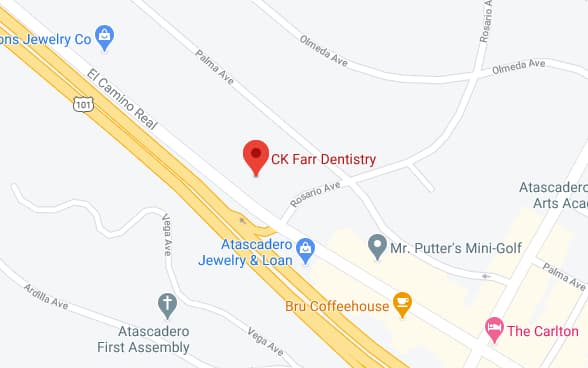How Dental Implants Work
A dental implant is a metal post or structure which is surgically positioned in the jawbone below the gums. This gives the dentist a place to mount the replacement teeth. Since the implants are fused into the jawbone, they give adequate support required by the artificial tooth. Bridges and dentures supported by the implants, therefore, do not shift, or slip in the mouth especially when an individual is speaking or eating. The implant-supported bridges or dentures give a natural feeling when used to the individual as compared to the conventional ones.
To some people, the ordinary bridges and dentures are not comfortable due to poor ridging, gagging or sore spots. The ordinary bridges should also be attached to the teeth and in the spaces left by the missing teeth. The advantage of using the implant is that there is no need to prepare any adjacent tooth to hold the replacement tooth.
To get the implant, a person should be willing to keep the structures healthy, have adequate bone and gum to support it. To get a long-term success of the dental implant, regular visits to the dentist and proper oral hygiene is essential.
Implants are quite pricey when compared to other tooth replacement methods. A majority of insurance carriers, therefore, might cover less than 10% of the total fee.
There are two primary implants that are safe to use;
a. Endosteal implants.
In this type, the implants are directly inserted into your jawbone. The surrounding tissues are given a period to heal and then the second surgery is done. The second surgery will involve connecting of the post to your original implant. Later, the artificial teeth or tooth is bonded to the post either individually or grouped in a denture or bridge.
b. Subperiosteal implants
In this type, metal frames are fitted into the jawbone beneath the gum tissues. The frame gets fixed into the jawbone as your gum heals. The posts that are attached to the frame elongate through the gums. The artificial teeth or tooth in endosteal are later attached to the posts.
Tips on How to Care For the Implants
a. Have good oral hygiene. Floss once daily and brush your teeth twice in a day. Using brushes that slide in between teeth or the interdental brushes will help in cleaning areas around the implant that are hard to reach.
b. Quit smoking. Smoking weakens the structures of the bone and this could lead to implant failure.
c. Visit your dentist. Cleaning and examining your tooth after every six months is important in maintaining your dental implants.
d. Avoid hard foods. Chewing hard items like hard candy or ice could break the crown of the artificial tooth or even the natural teeth.
Benefits of Dental Implants As Compared To Other Remedies
a. Dental implants are a long-term solution. The dental bridges supported by teeth traditionally would stay six to eight years but with proper care, they would stay more than 10 years but still they would be replaced after a while. Dental implants on the other hand if properly cared for and placed, can last a lifetime though they will need occasional adjustment.
b. They boost your confidence. With these dental implants, you don't have to stay uncomfortable in public or feel embarrassed while smiling since you look different. You will not have to trouble yourself again that the dentures or bridges might come out or loosen while laughing, eating, or talking. This will give you the confidence to stop worrying unnecessarily.
c. They will enhance your smile and maintain your natural face. Loss of teeth may make your face look saggy or appear sad and sunken. The dental implants will help you in maintaining your smile and natural face shape.
d. They protect your bone. The empty spaces left after tooth or teeth loss may cause health issues like deterioration or loss of your jawbone. Jawbone may deteriorate when the support given by the natural tooth is lost and dental implants are the only remedy that can restore and stimulate bone growth.
e. They help in keeping your teeth in place. Dental implants help a person in putting the teeth in place. It also gives the person the ability to floss, clean, and take care of them just as in the natural teeth.
f. They help in speech. Removable dentures may cause a struggle in pronouncing the everyday words. In the case of implants, pronunciation is not an issue.
g. Dental implants help an individual enjoy their favourite foods. With the removable dentures, some foods may make you uncomfortable but you can eat anything you want and bite naturally with dental implants.
Welcome to CK Farr Dentistry – Your Trusted Atascadero Dental Office

Atascadero Dental Office Hours
We are closed daily from 12:00 PM – 1:00 PM for lunch.
Dental Office in Atascadero
